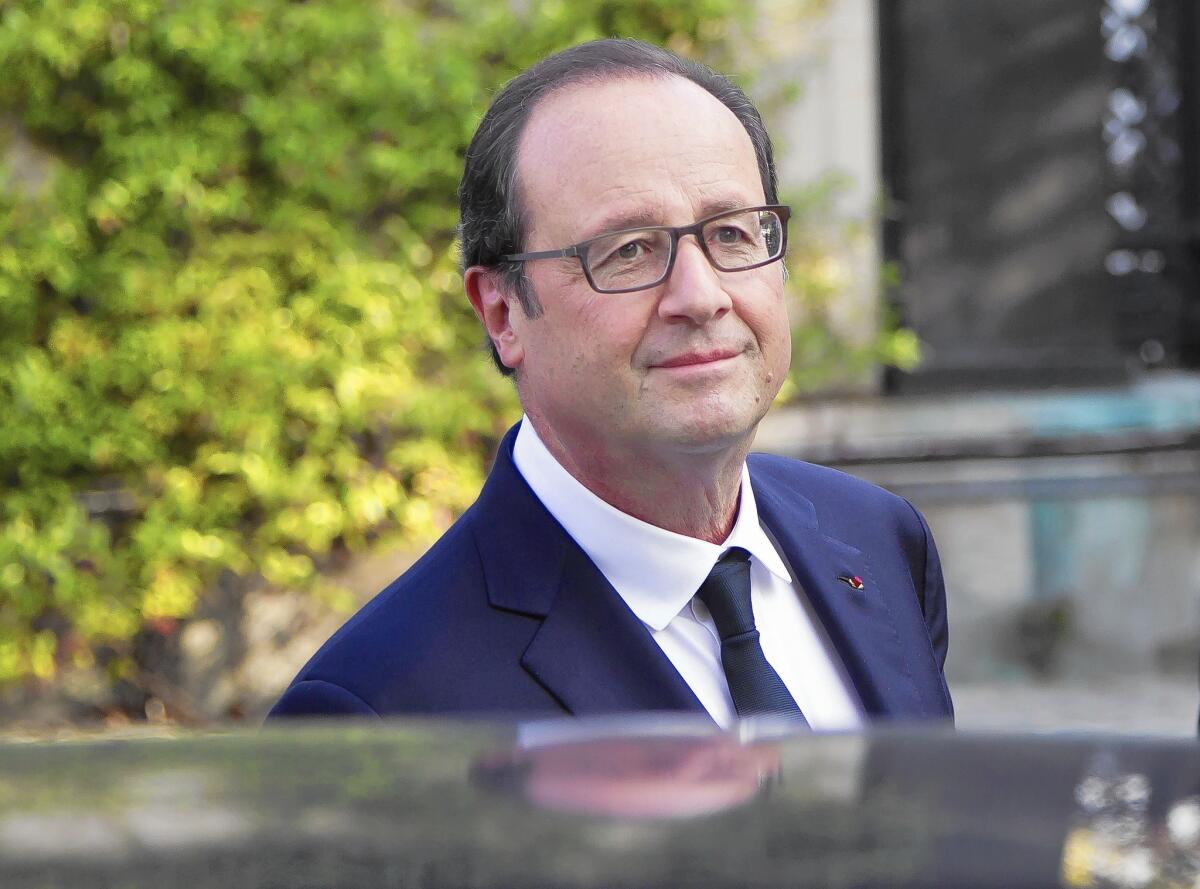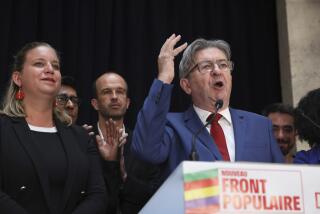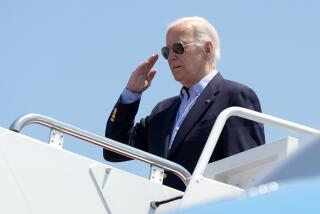From bad to worse for French President Francois Hollande

Supporters of French President Francois Hollande have awoken each morning for the last four weeks thinking things surely could get no worse.
Already, unemployment figures remained stubbornly high. Economic growth was close to zero. The president’s popularity was near rock bottom.
Yet things have gotten worse.
It started with a public rebellion by a handful of government ministers, resulting in a government reshuffle. Among those sacked were Housing Minister Cecile Duflot, of the Green Party, who described Hollande as “the president of nobody” and “Big Ears.”
Then it was revealed that the newly appointed foreign trade minister had not paid his taxes because, he said, he suffered from “administration phobia.”
Next, Hollande’s political woes turned deeply personal when former First Lady Valerie Trierweiler settled scores with an intimate kiss-and-tell book of their relationship, which ended in January after the president was photographed visiting an actress.
Of Trierweiler’s allegations, perhaps the most harmful was her claim that the Socialist leader actually despised the poor, calling them “les sans dents” (the toothless), seen as a reference not just to their inability to afford dental care but also their relative unimportance.
On Tuesday, Hollande’s government will face a confidence vote in Parliament, and nobody is tempting fate by thinking things cannot get worse still.
The government has seen its large majority whittled away by defections, and though parliamentary experts think it will win the vote by a paper-thin margin, not even Prime Minister Manuel Valls is making a public guarantee.
“There could always be an accident,” Valls told France’s main Sunday newspaper, Le Journal du Dimanche.
For Hollande and Valls, the worst-case scenario would be what Eddy Fougier, a political analyst from the French think tank Institute for International and Strategic Relations, described as the “kamikaze” option. This would involve left-wing members of the Socialist Party, who call themselves frondeurs, or rebels, abstaining because they object to Valls’ social democrat program and pro-business proposals.
Hollande would then be forced to call a snap legislative election, and given his profound unpopularity — polls suggest up to two-thirds of French people want his resignation before his term ends in 2017 — the majority of Socialist members of Parliament, including many frondeurs, could well lose their seats.
Valls is relying on the divided left avoiding self-destruction but needs an absolute majority of votes in the 577-seat National Assembly, the lower house of Parliament, on Tuesday.
“If the Socialists turn against Hollande, they will have to go back to the ballot boxes and risk defeat. In this case they’ve everything to lose by abstaining, so they probably won’t,” said Madani Cheurfa, researcher at the Center for Political Research at the Sciences Po Institute.
However, as Cheurfa points out, a narrow win, though not catastrophic for Hollande or Valls, is likely to halt any significant reforms and paralyze the rest of the president’s two years in office. Obtaining parliamentary approval for the 2015 budget, due to be presented to Parliament at the beginning of October, would be “a real problem,” Cheurfa says.
While Hollande projects the air of a statesman on the international stage, he is facing attack on all sides at home.
His election promises to lower the unemployment rate — now at 10.3% — and reduce the public deficit to 3% — currently 4.4% of gross domestic product — look hollow.
His failure to unite the fractious Socialist Party has left him politically weakened, and Trierweiler’s popular tome has exposed him to public ridicule.
Hollande faces journalists Thursday in his first news conference since the release of Trierweiler’s book. He is likely to face a political and personal grilling.
Waiting in the wings are former center-right President Nicolas Sarkozy, almost certain to announce his presidential candidacy for 2017, and Marine Le Pen, the leader of the far-right National Front, who, a recent poll suggested, would beat Hollande in a second-round presidential runoff.
Willsher is a special correspondent.
More to Read
Sign up for Essential California
The most important California stories and recommendations in your inbox every morning.
You may occasionally receive promotional content from the Los Angeles Times.










